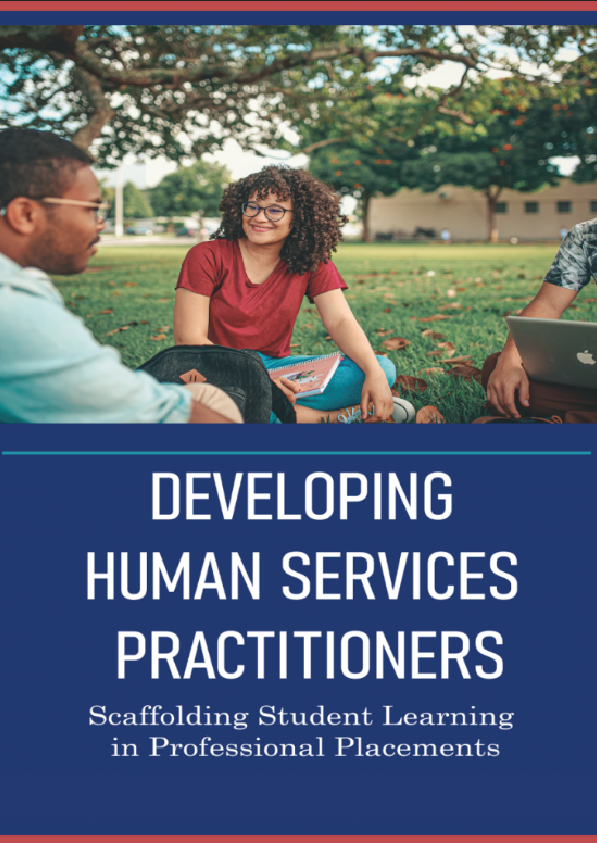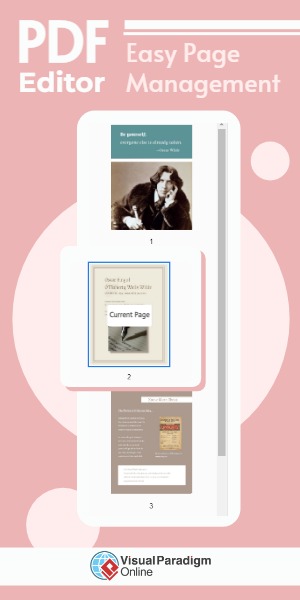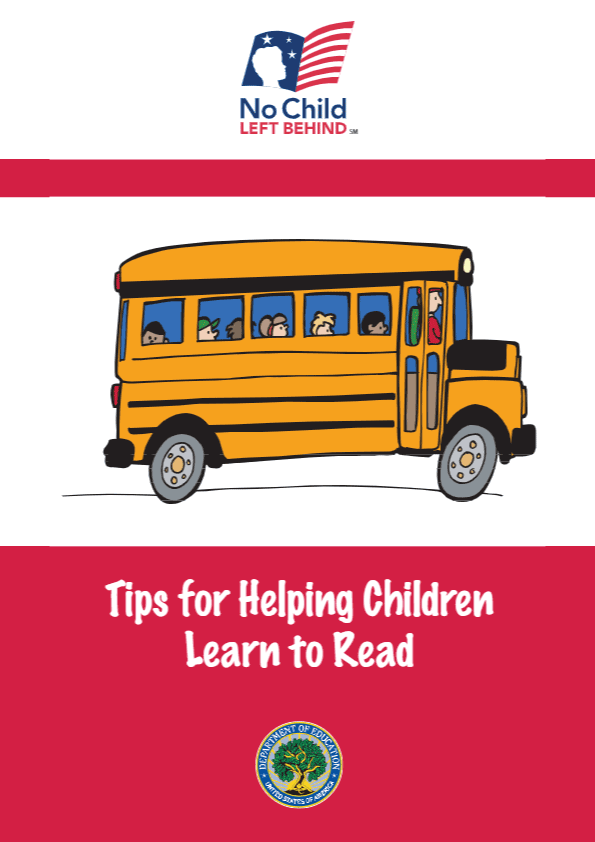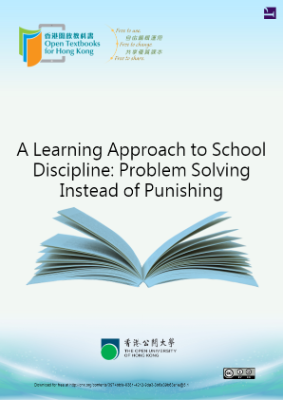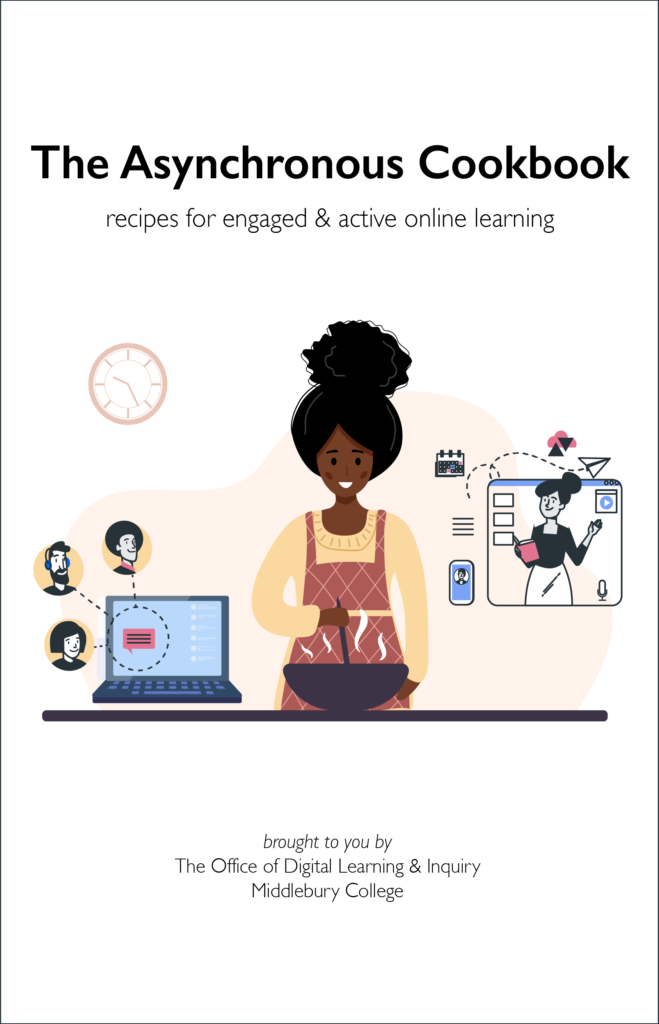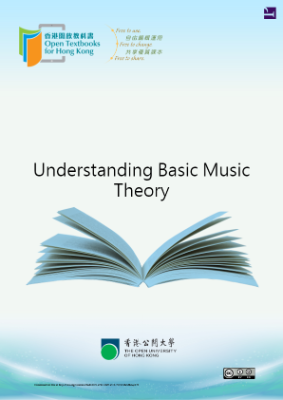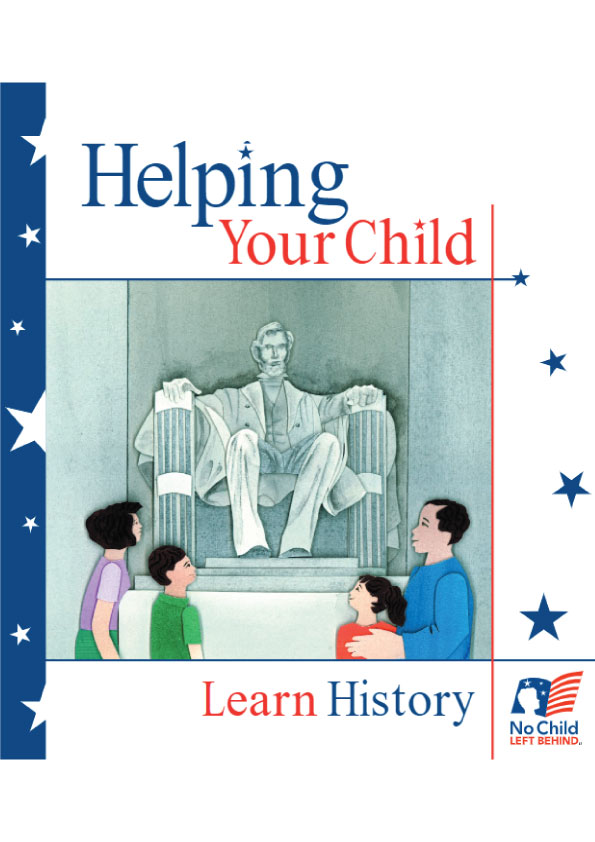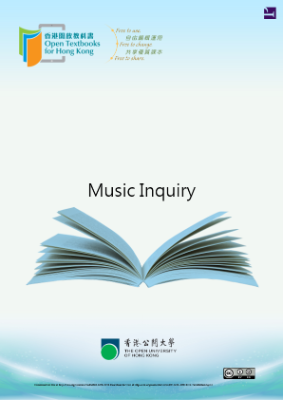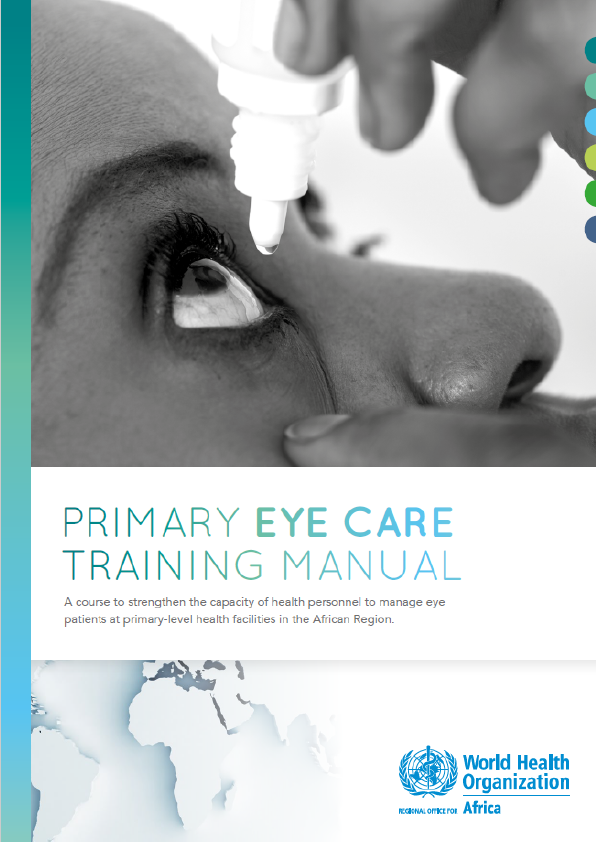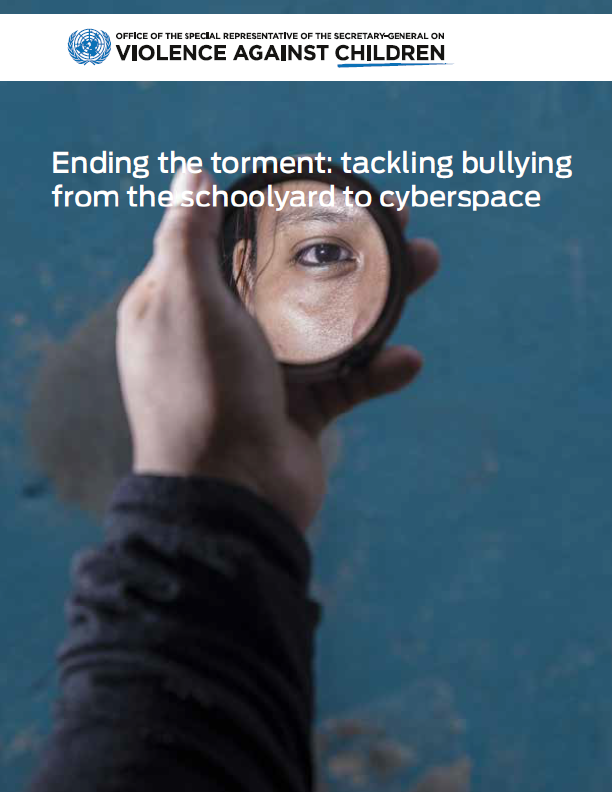Accessibility disclaimer
We believe that education should be available to everyone, which means supporting the creation of free, open, and accessible educational resources. We are actively committed to increasing the accessibility and usability of the textbooks and resources we produce.
Accessibility features of the web version of this resource
The web version of this resource has been designed with accessibility in mind and incorporates the following features:
- It has been optimised for people who use screen-reader technology
- all content can be navigated using a keyboard
- links, headings, and tables are formatted to work with screen readers
- images have alt tags
Information is not conveyed by colour alone
Other file formats available
In addition to the web version, this book is available in a number of file formats, including PDF, EPUB (for eReaders), and various editable files. Look for the “Download this book” drop-down menu on the landing page to select the file type you want.
Accessibility improvements
While we strive to ensure that this resource is as accessible and usable as possible, we might not always get it right. We are always looking for ways to make our resources more accessible. If you have problems accessing this resource, please contact us to let us know so we can fix the issue.
Introduction
Professional placements give you as a student, an opportunity to experience through supervised practice, what you have been learning in your course work. Tasks that you may undertake as part of your placement will vary depending on the field of practice, but would include conducting client intake interviews, writing case notes, designing and facilitating community programs and putting together policy submissions. In addition, placements also give you an opportunity to meet, interact with and/or support people who have experienced issues that you have studied. For example, your placement experience may involve supporting people who have experienced or who have been impacted by substance abuse, mental health issues and domestic or family violence. Professional placements are therefore not only a critical part of the Human Services curriculum but also a highly valued experience that significantly contributes to the development of your professional identity and enables you to engage with different practice frameworks and contexts.
Furthermore, it is also important for you to acknowledge the role of agencies and universities in facilitating placement experiences. Students are considered to be guests at an agency while on placement and the decision to host students is a serious one for an agency. Agency stakeholders and in particular supervisors invest significant time and effort in supporting student learning. Similarly, university employees put a lot of work into identifying, securing and maintaining appropriate learning experiences and agency relationships. This behind-the-scenes work is not always apparent, but it is important for you as a student to reflect on the processes that facilitate your individual placement.
